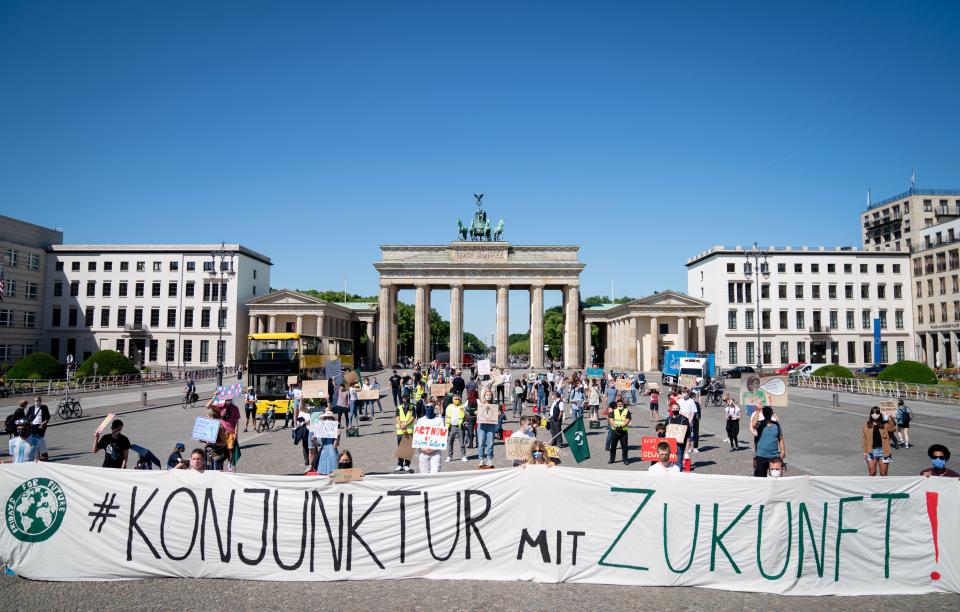Coronavirus: 7.3 million Germans put on short-time work scheme in May

In May, 7.3 million people in Germany were put onto the short-time work scheme, according to Germany’s Ifo Institute.
"This number has never been so high," said Ifo labour market expert Sebastian Link. "In the financial crisis, short-time working peaked in May 2009 at just under 1.5 million people."
Known as Kurzarbeit in German, the wage-support programme means the government pays the cost of about 60% of a worker’s salary to the company, so the company can either send them home or require them to work a small number of hours.
Germany’s Kurzarbeit programme means companies can ramp up quickly again once a crisis passes, without needing to re-hire a workforce, and workers themselves don’t have to draw unemployment benefits.
Unlike during the financial crisis, when over 80% of employees on short-time work were employed in the industrial sector, the coronavirus crisis has hurt all sectors of the German economy.
According to the Ifo Institute, 2.4 million people in business-related services are currently on short-time work, 2.2 million in the industrial sector, and 1.3 million in trades sector.
For the other economic sectors, which were not covered by the survey, the Ifo pegs short-time working at 1.3 million people.
The German coalition government is meeting in Berlin on Tuesday to thrash out another stimulus package, worth about €80bn (£71bn, $89bn) to try and reboot the economy, which is currently predicted to contract by 6.6% in 2020.
Federal finance minister Olaf Scholz is expected to put forward proposals on how to continue to support companies and their staff, including extending the short-time work benefits from one year to two years.
Scholz is also reportedly planning a follow-up programme for the €50bn aid for small businesses and solo professionals, which is expected to help the hotel and hospitality industry, travel agencies, bus operators, and the trade fair industry in particular.

 Yahoo Finance
Yahoo Finance 